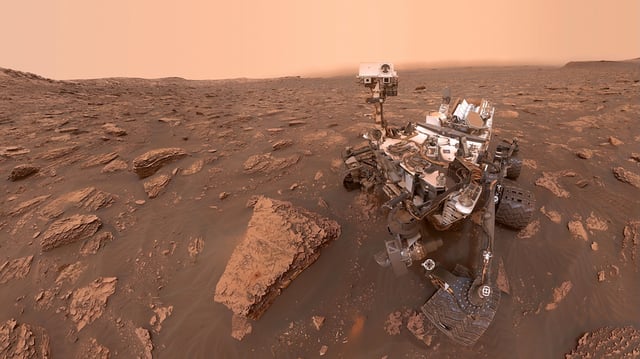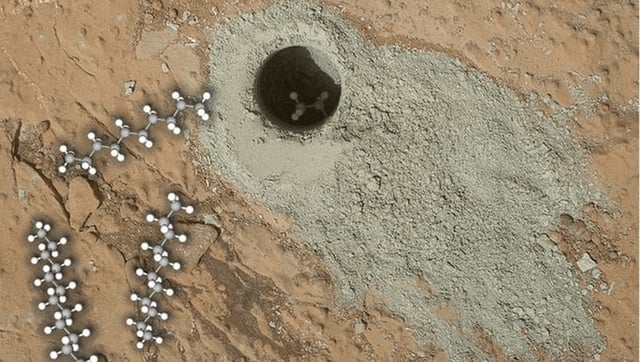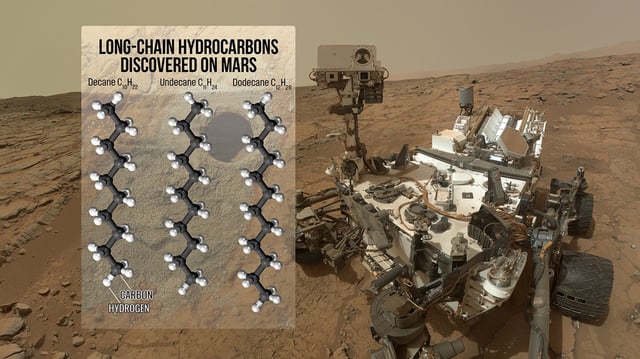Overview
- NASA's Curiosity rover detected decane, undecane, and dodecane in a Cumberland mudstone sample from Gale Crater's Yellowknife Bay, marking the largest organic molecules ever found on Mars.
- The molecules, potentially fragments of fatty acids, are preserved in a 3.7-billion-year-old rock, dating back to a period when Mars had conditions favorable for life.
- The discovery highlights Mars' potential for ancient habitability, with evidence of liquid water and a stable environment in the planet's past.
- Scientists emphasize that these molecules could have formed through non-biological processes, meteorite delivery, or ancient Martian biology, though their exact origin remains uncertain.
- The findings underscore the importance of future Mars missions, including sample return efforts, to analyze these compounds with advanced Earth-based technology.



